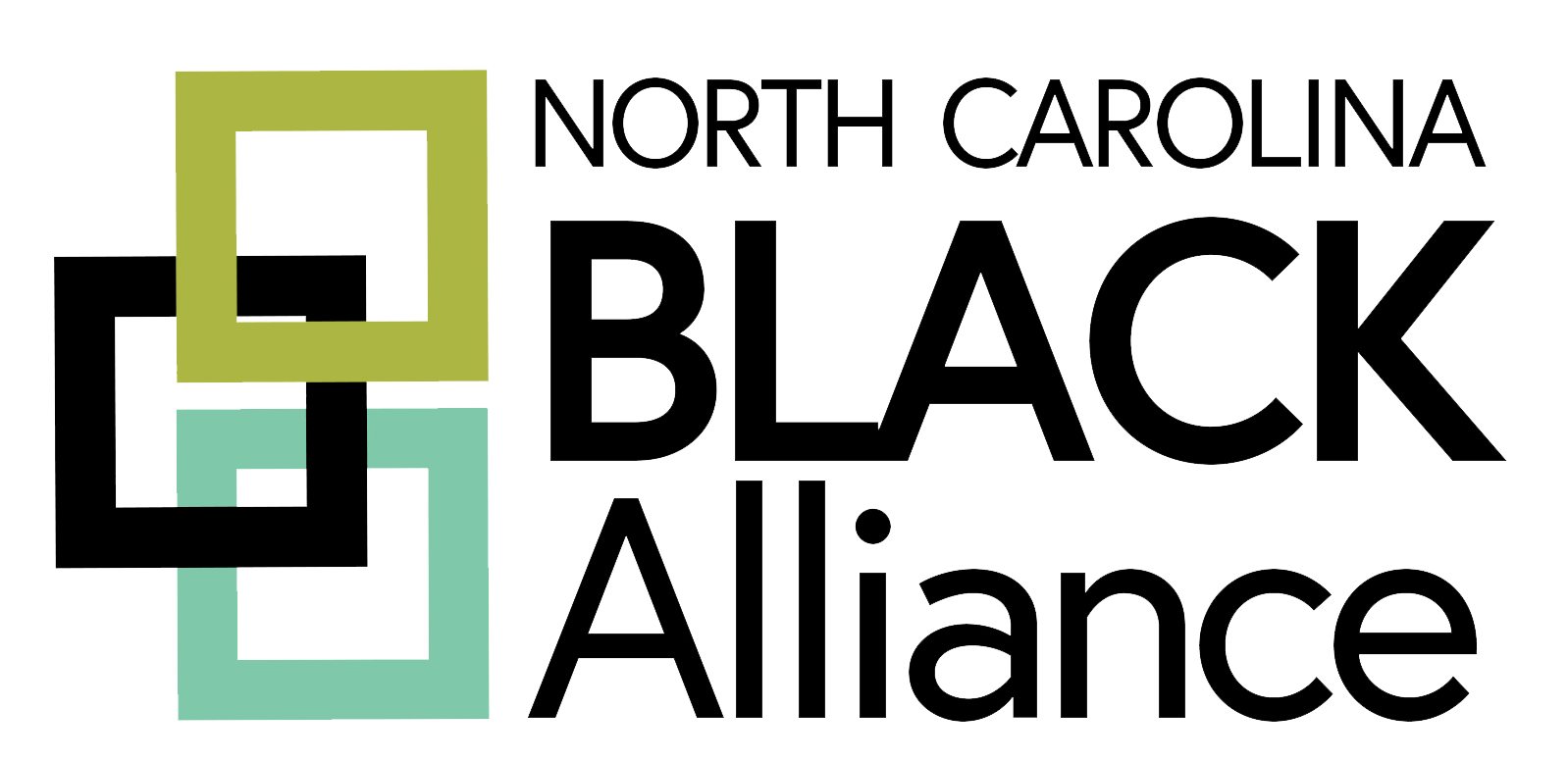Lactation Cohort Quarter 1 Workshop Recap
On Saturday, March 16, the North Carolina Black Alliance launched our second Lactation Cohort, which aims to increase Black representation in Lactation professionals in Eastern North Carolina. Through increased representation in Eastern North Carolina, this program seeks to provide lactation support to Black women from professionals who look like them and can identify with their experiences. Participants will engage in four quarterly workshops that supplement the knowledge and skills gained through their online coursework. Last weekend’s workshop focused on building relationships among cohort members and creating a foundational understanding of the landscape of Black women’s health in North Carolina.
Advocating for Black Lactation Professionals: Bridging Gaps in Breastfeeding Support
Why do we need more Black Lactation Professionals? North Carolina has a high infant mortality rate, meaning that Black babies are born too small, too sick, and too soon. Preterm babies benefit most from breast milk’s immunities and nutritional benefits. According to the CDC, increased breastfeeding among Black women could decrease Black infant mortality rates by nearly 50%. However, we can’t tell mothers they need to feed their babies human milk without also providing them with the resources to navigate this journey. Many Black women live in “First Food Deserts,” where their communities do not have access to resources needed to support breastfeeding. Because of cultural barriers, such as the history of wet nursing, Black women need more than their actual physical breasts to breastfeed. They need support. They need the infrastructure there to help them, so many communities lack it. A woman should not have to go far to get the support she needs to give her baby the optimal nutrition.
Unfortunately, due to a lack of diversity in the lactation field, Black women are not receiving culturally competent, sensitive, and relevant support, especially in communities that bear the brunt of shortages in providers and healthcare facilities in rural parts of our state. Breastfeeding advocacy is often white female-led. The racial disparities in breastfeeding rates and leadership in the field create a misconception that Black women do not breastfeed.
During our workshop, we reflected on these essential reasons for an increased need for Black lactation professionals and barriers participants see in their communities impacting Black maternal health and lactation support. While each community has unique challenges affecting access to maternal and lactation healthcare, participants affirmed their belief that there is a path forward for their communities to be inclusive for breastfeeding mothers and more knowledgeable about the benefits of breastfeeding.

Karida Giddings
Access to Healthcare Coordinator
Check out this video of one of our Lactation Cohort participants on what motivated her to join the program.
